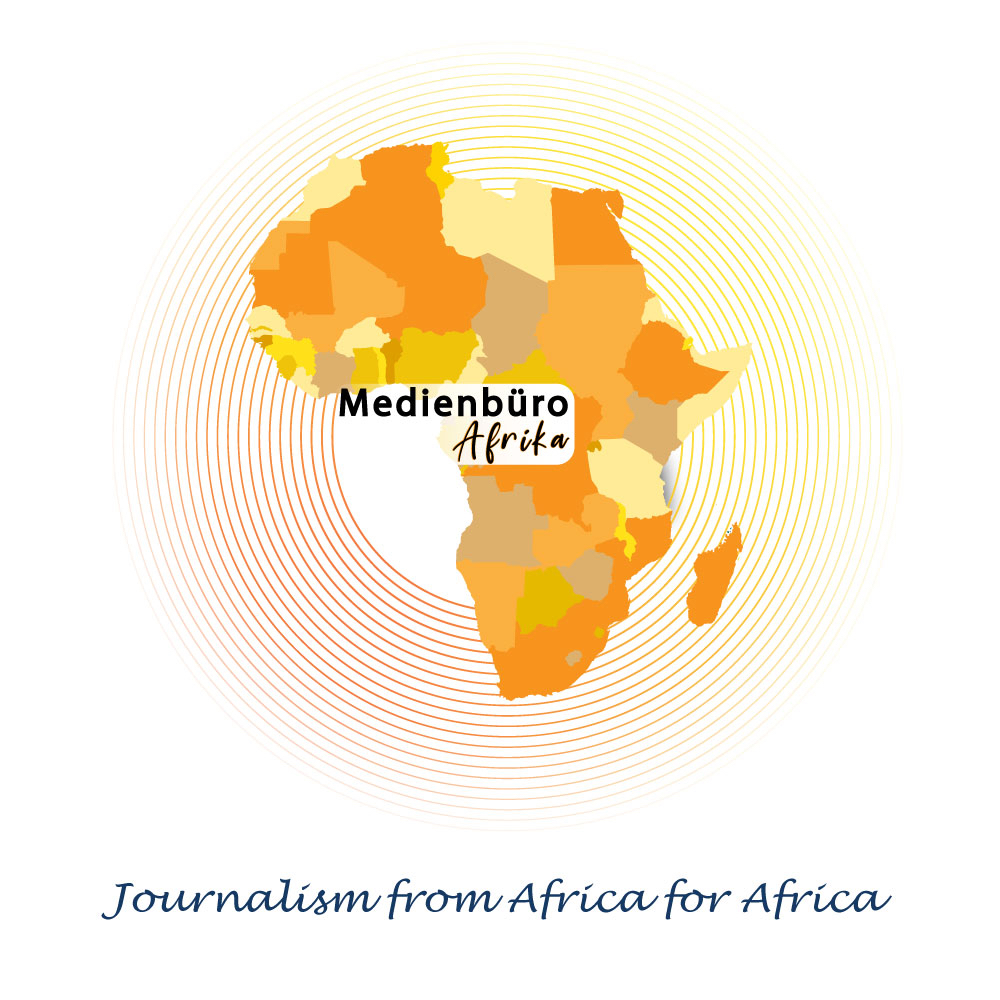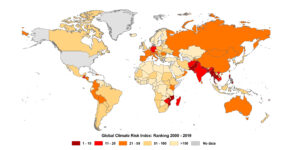Light and shadow
The development of the economies in Africa is diverse and inhomogeneous, which means that there are considerable differences between the regions and countries. Prosperity is more likely to be found in the northern as well as the southern part. According to a study by the Berlin Institute for Population and Development, the greatest potential is in the south: South Africa and Namibia, also based on colonial structures of a period of appartition that lasted until the beginning of the 1990s.
The picture is different in the north, where countries with a strong Muslim influence, such as Morocco, Tunisia or Egypt, have the greatest potential.
Frontier markets play an important role in the other parts of the continent. They are characteristic of markets that are not yet emerging markets. They are characterised by a young population, strong population growth and rapid change. Often there are many unemployed people. Key raw materials in particular are available in large quantities. These are especially oil, diamonds, gold, platinum and cobalt. That is why China in particular is investing heavily on the African continent. On the other hand, there is also shadow, such as corruption, criminality, political instability and a lack of energy supply.
This makes it difficult to decide on investments in Africa. Many factors suggest that Africa’s economy will grow rapidly in the future – but caution is also important. Shares from the African frontier markets still hardly play a role on the international financial markets. However, they are seen as having considerable catch-up potential. Much of the focus is on commodities and agricultural products. Moreover, there are no stock exchanges in many African countries. That is why larger companies are listed in global financial centres. Innovative telecoms and media stocks are certainly interesting, but they offer great opportunities and equally great risks.
Further information: Dr. Thomas Isenburg
presse@thomas-isenburg.de




